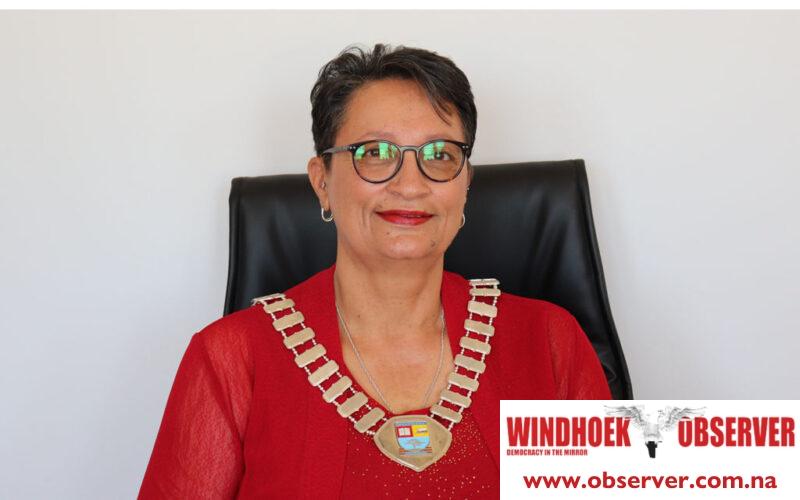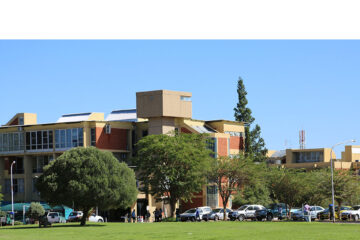Niël Terblanché
In a significant development for the Rehoboth community, the Rehoboth Town Council has officially acquired the Reho Spa facility
The acquisition is a key moment in the town’s history and its commitment to rejuvenating local tourism and leisure amenities.
Mayor Amanda Groenewaldt, in a statement made at a public meeting in the Hermanus Van Wyk Memorial Hall, shared the successful transfer of the title deed from the Ministry of Works and Transport, concluding negotiations with Namibia Wildlife Resorts (NWR).
She said that the transfer of the deed signifies a new chapter for the community as well as the spa.
The mayor also announced plans for a much-anticipated facelift for the facility that had fallen into disrepair and dilapidation under its previous ownership.
The Reho Spa, situated near Rehoboth, has been a cornerstone of the community’s recreational and tourism landscape, drawing visitors with its mineral-rich warm waters and serene setting.
As early as the early 19th century, the hot springs prompted human settlement in the area due to the therapeutic and relaxation benefits of the mineral-rich water.
The facility, renowned for its indoor thermal bath, large outdoor swimming pool, bungalows, and rooms, once thrived as a prime destination for both locals and tourists seeking comfort in its healing waters.
However, the spa’s glory days were overshadowed by periods of neglect, impacting not only its infrastructure but also its position as a key attraction in the region’s tourism portfolio.
The mayor said that the Rehoboth Town Council, recognizing the spa’s potential to stimulate local economic development and tourism, has now taken a proactive step towards its revival.
According to Greonewaldt, the acquisition by the town council is part of a broader strategy to diversify and strengthen Rehoboth’s local economy, focusing on enhancing service delivery, improving tourist attractions, and ensuring sustainability.
Groenewaldt’s call to action for a community-led rehabilitation and clean-up effort signifies more than just the physical restoration of the Reho Spa; it represents a collective aspiration to revitalize a historical asset that can contribute significantly to the town’s cultural heritage, economic vitality, and social well-being.
She said the refurbishment of the Reho Spa is not just a project of physical reconstruction but a symbolic gesture towards preserving the town’s natural heritage and fostering a sense of pride and ownership among its residents.
According to Groenewaldt, the future of Reho Spa shines brightly and should serve as an inspiration for community resilience, historic preservation, and sustainable tourism.
The town’s residents are set to reclaim and rejuvenate this cherished landmark, ensuring it remains a source of relaxation, health, and enjoyment for future generations.




